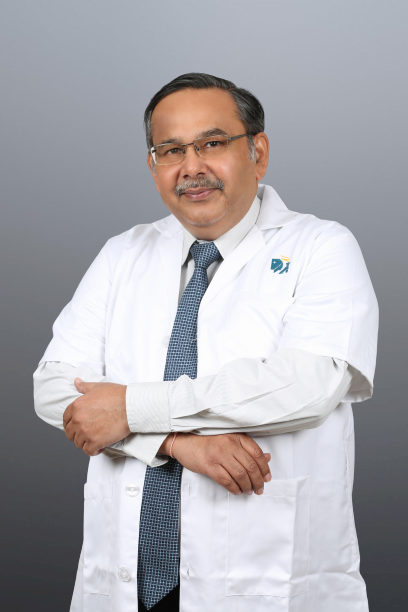Best Doctors for Rheumatoid Arthritis in Delhi
Rheumatoid arthritis (RA) is a debilitating autoimmune disorder that primarily affects the joints, causing inflammation, pain, and eventual joint damage. RA occurs when the immune system erroneously attacks the tissues lining the joints. The condition can also cause damage to other parts of the body, such as the heart, lungs, and eyes. Certain groups of people are more at risk of developing this chronic disease, such as those with a family history of RA, people between the ages of 40 and 60 years, smokers, those who are overweight/obese, and those exposed to certain environmental factors like pollution.
In Delhi, RA poses a significant health concern given the city’s ageing population and rising incidence of lifestyle-related conditions. However, leading medical institutions like Apollo Hospitals Delhi are equipped with a dedicated team of the Best Doctors for Rheumatoid Arthritis treatment to help people afflicted with this severe condition. These rheumatoid arthritis specialists at Apollo Hospitals in Delhi are committed to providing personalised care and effective treatment plans for every patient.









 Call Now
Call Now



